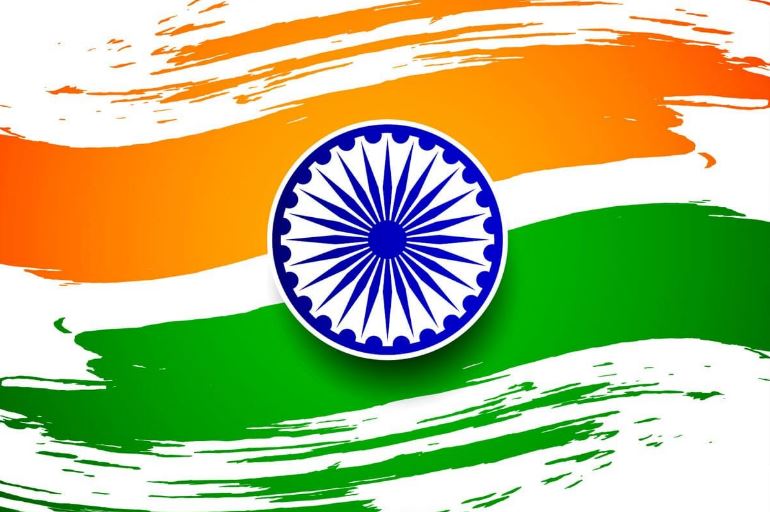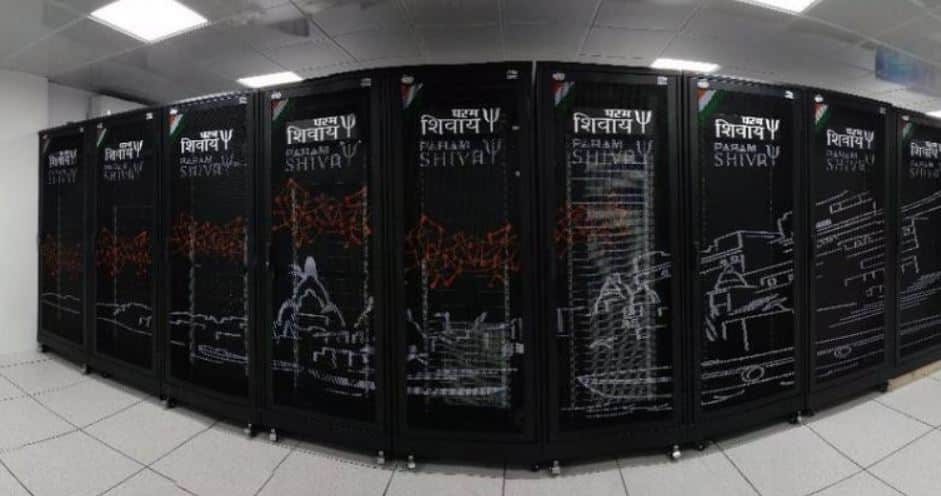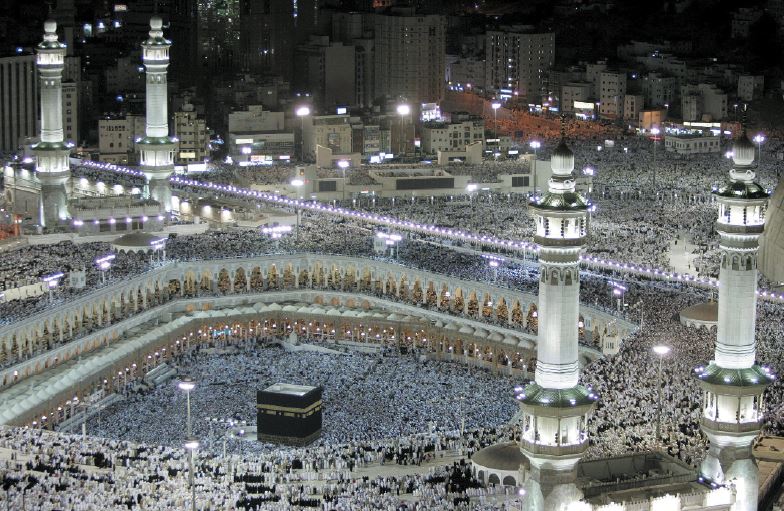Table of Contents
Why we celebrate diwali its Reason, Story and Importance ?
One of the most popular festival in India, Diwali symbolizes the spiritual “victory of light over darkness, good over evil, and knowledge over ignorance”. Diwali is the Indian festival of lights, usually lasting five days and celebrated during the Hindu Lunisolar month Kartika (between mid-October and mid-November).
- The festival is widely associated with Lakshmi, goddess of prosperity, with many other regional traditions connecting the holiday to Sita and Rama, Vishnu, Krishna, Yama, Yami, Durga, Kali, Dhanvantari, or Vishvakarman.
- Furthermore, it is, in some regions, a celebration of the day Lord Rama returned to his kingdom Ayodhya after defeating the demon-king Ravana.
- Diwali is also marked with fireworks and the decoration of floors with rangoli designs.
- During the Diwali people wear their finest clothes, illuminate the interior and exterior of their homes with diyas and rangoli,
- Food is a major focus with families partaking in feasts and sharing mithai. The festival is an annual homecoming and bonding period not only for families, but also for communities and associations, particularly those in urban areas, which will organise activities, events and gatherings.
Diwali is a five-day festival
- First days is Dhanteras or the day of fortune
- Second day is Naraka chaturdasi or the days of knowledge
- Third day is Diwali or the day of light
- Fourth day is Annakut or the beginning of the new year for Hindus
- Fifth day is Bhai Duj or the day of affection between siblings.
The height of which is celebrated on the third day coinciding with the darkest night of the lunar month. Dhanteras starts off the Diwali celebrations with the lighting of Diya or Panati lamp rows, house cleaning and floor rangoli
Why diwali is celebrated its story and for what reasons ?
Ramayana is the story of Lord Rama who is the incarnation of god Vishnu and his wife Sita. There are various legends that refer to the festival. They traditionally involve the Hindu gods Rama, Lakshmi or Krishna. They all celebrate the victory of the good over the evil and this festival is a celebration of hope, happiness and peace.
- When Lord Rama his brother Lakshmana and Rama’s wife Sita were in exile Demon king Ravana abducted Sita and took her to his island Lanka. Then Lord Rama along with his brother Lakshmana and amazing monkey holding unparalleled powers- Hanuman ranged a war against Lanka King Ravana and defeated him.
- On return of Lord Rama after fourteen year exile to his kingdom earthen lamps were lit throughout the kingdom and was celebrated as Diwali for the first time.
Diwali is a post-harvest festival celebrating the bounty following the arrival of the monsoon in the subcontinent. Depending on the region, celebrations include prayers before one or more Hindu deities, the most common being Lakshmi.
- Lakshmi symbolises three virtues:- wealth and prosperity, fertility and abundant crops, as well as good fortune.
- Merchants seek Lakshmi’s blessings in their ventures and will ritually close their accounting year during Diwali.
- Fertility motifs appear in agricultural offerings brought before Lakshmi by farming families, who give thanks for the recent harvests and seek her blessings for prosperous future crops.
- A symbolic piece of traditional fertiliser, a dried piece of cow dung, is included in the ensemble in Odisha and Deccan region villages, an agricultural motif according to Kinsley. Another aspect of the festival is remembering the ancestors.
- Rituals and preparations for Diwali begin days or weeks in advance, typically after the festival of Dussehra that precedes Diwali by about 20 days. The festival formally begins two days before the night of Diwali, and ends two days thereafter. Each day has the following rituals and significance
Why is diwali called the festival of lights?
- The festival gets its name from the row (avali) of clay lamps (deepa) that Indians light outside their homes to symbolize the inner light that protects from spiritual darkness.
- On return of Lord Rama after fourteen year exile to his kingdom earthen lamps were lit throughout the kingdom and was celebrated as Diwali for the first time.
Religious significance of Diwali
Diwali is celebrated by Hindus, Jains, Sikhs, and Newar Buddhists, although for each faith it marks different historical events and stories, but nonetheless the festival represents the same symbolic victory of light over darkness, knowledge over ignorance, and good over evil.
- The religious significance of Diwali varies regionally within India. The festival is associated with a diversity of deities, traditions, and symbolism. These variations, states Constance Jones, may reflect diverse local autumn harvest festivals that fused into one pan-Hindu festival with a shared spiritual significance and ritual grammar while retaining local traditions.
- Lakshmi symbolises three virtues:- wealth and prosperity, fertility and abundant crops, as well as good fortune.
- One tradition links the festival to legends in the Hindu epic Ramayana, where Diwali is the day Rama, Sita, Lakshman and Hanuman reached Ayodhya after a period of 14 years in exile after Rama’s army of good defeated demon king Ravana’s army of evil.
Other similar festival around the world
- Kali Puja – Diwali is most commonly known as Kali Puja in West Bengal or in Bengali dominated areas
- Karthikai Deepam – the festival of lights observed by Tamils of Tamil Nadu, Puducherry, Kerala, Sri Lanka and elsewhere
- Galungan – the Balinese Hindu festival of dharma’s victory over adharma
- Hanukkah – the Jewish festival of lights
- Lantern Festival – the Chinese festival of lanterns
- Saint Lucy’s Day – the Christian festival of lights
- Walpurgis Night – the German festival of bonfires.












Another valuable blog from digitally learn.
Thanku Shikher!! you guys are doing an exceptional work.
Thanks !!